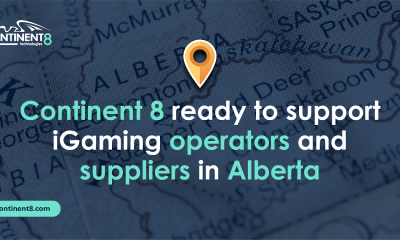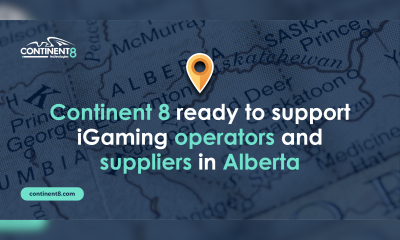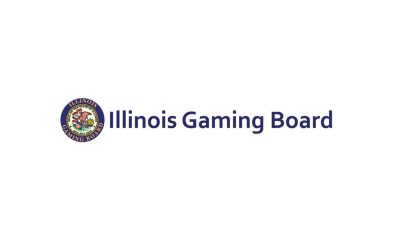Compliance Updates
Koi Nation of Northern California Casino Plan Meets Requirements of Indian Gaming Laws
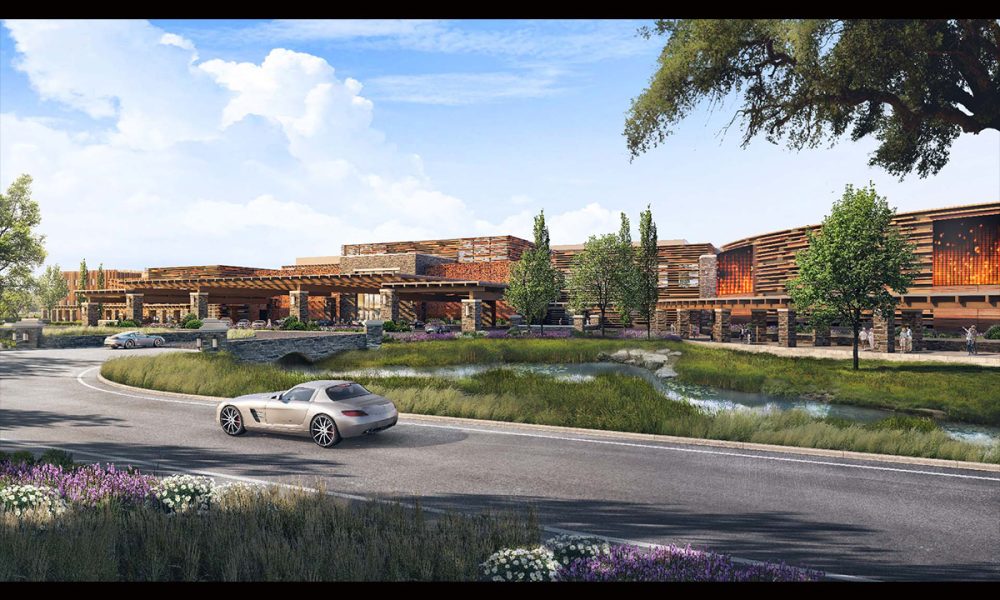
The Koi Nation of Northern California is in full compliance with the Indian Gaming Regulatory Act’s “Restored Lands Provision” in the tribe’s pursuit of the Shiloh Resort & Casino project in unincorporated Sonoma County, California.
“The promise of the Indian Gaming Regulatory Act’s “restored lands provision” was to remedy the tragic history of forced removal and relocation by allowing restored lands to be utilized for tribal gaming. Like it or not, a rigid set of rules exists to qualify for this provision of federal law — and we’ve dutifully met them all,” said Darin Beltran, Chair of the Koi Nation of Northern California’s Tribal Council.
The Koi Nation’s ancestors relocated to Sonoma County after rejecting the Bureau of Indian Affairs’ offer of a Rancheria in neighboring Lake County in 1916 that the agency itself deemed uninhabitable. This tragic series of events rendered the Koi Nation landless and led to the improper termination of its federal recognition status, ending its ability to pursue gaming through the same rights afforded to all other federally recognized tribes.
The Koi Nation’s federal recognition status was finally restored in 2000, and a 2019 ruling in a case overseen by the Chief Judge of the U.S. District Court of the District of Columbia, Beryl A. Howell, recognized the tribe’s ability to pursue gaming through the “restored lands provision”.
“This unique provision of federal law allows tribes restored to federal recognition status, such as the Koi Nation, to pursue gaming according to strict statutory and regulatory requirements,” Beltran said.
These requirements include the demonstration of a “significant historical connection” to the site of proposed gaming projects.
In its filing for a restored lands opinion, the Koi Nation methodically details the tribe’s deep ties to Sonoma County. These include their ancestors’ well-regarded roles as Sonoma County Native American political leaders who advocated for 1928 federal native claims legislation, Native American social rights and community organization with other Pomo tribes, and voters for the tribe’s organization under President FranklinRoosevelt’s Indian Reorganization Act of 1935.
“Since that time, the center of Koi Pomo life – and death – has been in Sonoma County. Our application is in full compliance with Indian Gaming Regulation Act’s restored lands provision,” said Dino Beltran, Vice Chair of the Koi Nation of Northern California’s Tribal Council.
The Koi Nation’s strong historical connection to Sonoma County was recently supported by an opinion piece published by the project site’s local paper of record, the Press Democrat.
Additionally, the largest native American news publication in the US, Indian Country Today, published an opinion piece supporting the Koi Nation’s utilization of the restored land provision in the face of recent opposition.
The publication of these two pieces demonstrates that the opinions contained therein are significant not just in the region surrounding the proposed Shiloh Resort & Casino project, but for all of Indian country throughout the US.
AGLC
Continent 8 set to back Alberta’s iGaming operators and suppliers
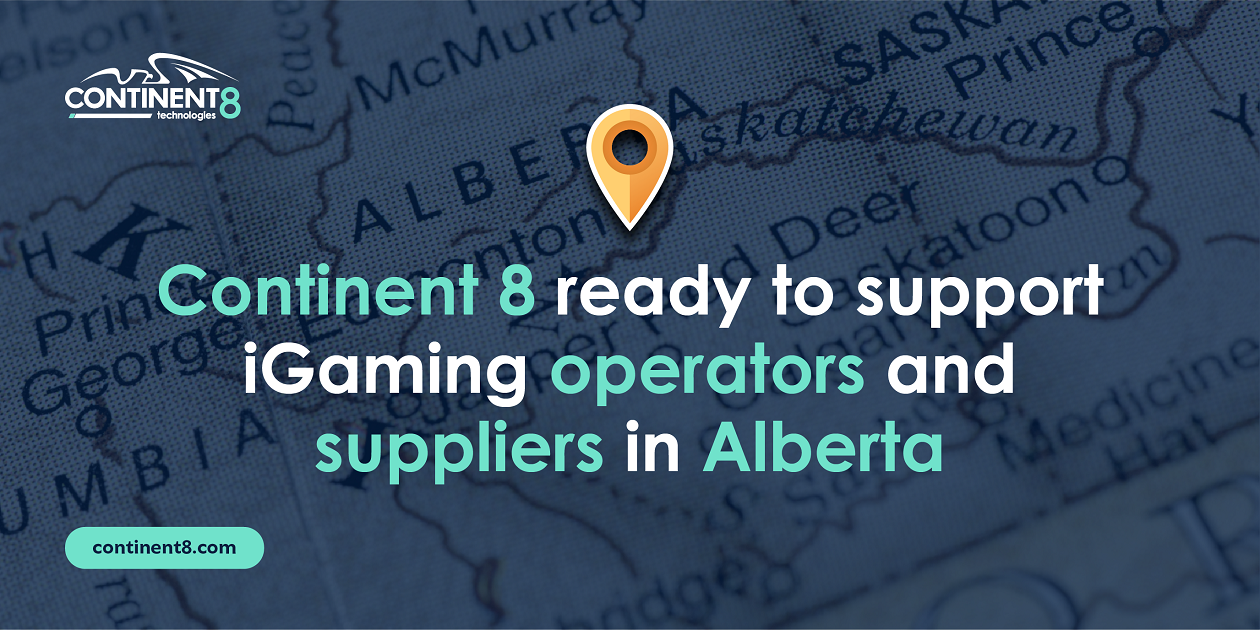
Continent 8 Technologies, a premier provider of advanced managed IT solutions tailored for the worldwide iGaming and online sports betting sector, announces its official launch in Alberta, Canada. This growth comes after the province unveiled its competitive iGaming regulatory framework and the Alberta Gaming, Liquor and Cannabis Commission (AGLC) issued comprehensive hosting and security requirements, representing another important milestone in Continent 8’s enduring dedication to the North American market.
With established operations in Ontario – where the company effectively introduced its Public Cloud solution in Toronto in direct response to the province’s launch of its iGaming market in 2022 – Continent 8 brings to Alberta the same level of regulatory insight, technical expertise, and customer-focused innovation that has positioned it as a reliable partner throughout Canada.
Alberta’s iGaming regulations outline specific hosting and data management responsibilities for suppliers and operators. For instance, every data centre utilized by licensees must obtain AGLC approval, which includes data residency, cross-border transfers, and encryption key management.
The province requires fully operational disaster recovery infrastructure and unalterable, encrypted backups, along with stringent conditions for quarterly testing and offsite storage—fields where Continent 8’s expertise offers instant benefits.
Besides hosting requirements, Alberta implements some of the most thorough security standards in the nation, such as mandatory MFA, compliance with SOC 2 and ISO 27001, yearly penetration testing, and extensive log retention mandates.
“Our heritage means we understand the rigorous regulatory expectations, and the operational challenges operators and suppliers face when entering new markets,” said Michael Tobin, CEO and Founder of Continent 8 Technologies. “Alberta’s standards are comprehensive, particularly around disaster recovery, backups, and security. We have built our solutions so customers can meet these requirements confidently from day one. We are excited to support customers as Alberta opens its market and continues Canada’s growth story.”
The post Continent 8 set to back Alberta’s iGaming operators and suppliers appeared first on Eastern European Gaming | Global iGaming & Tech Intelligence Hub.
Alberta
Continent 8 ready to support iGaming operators and suppliers in Alberta
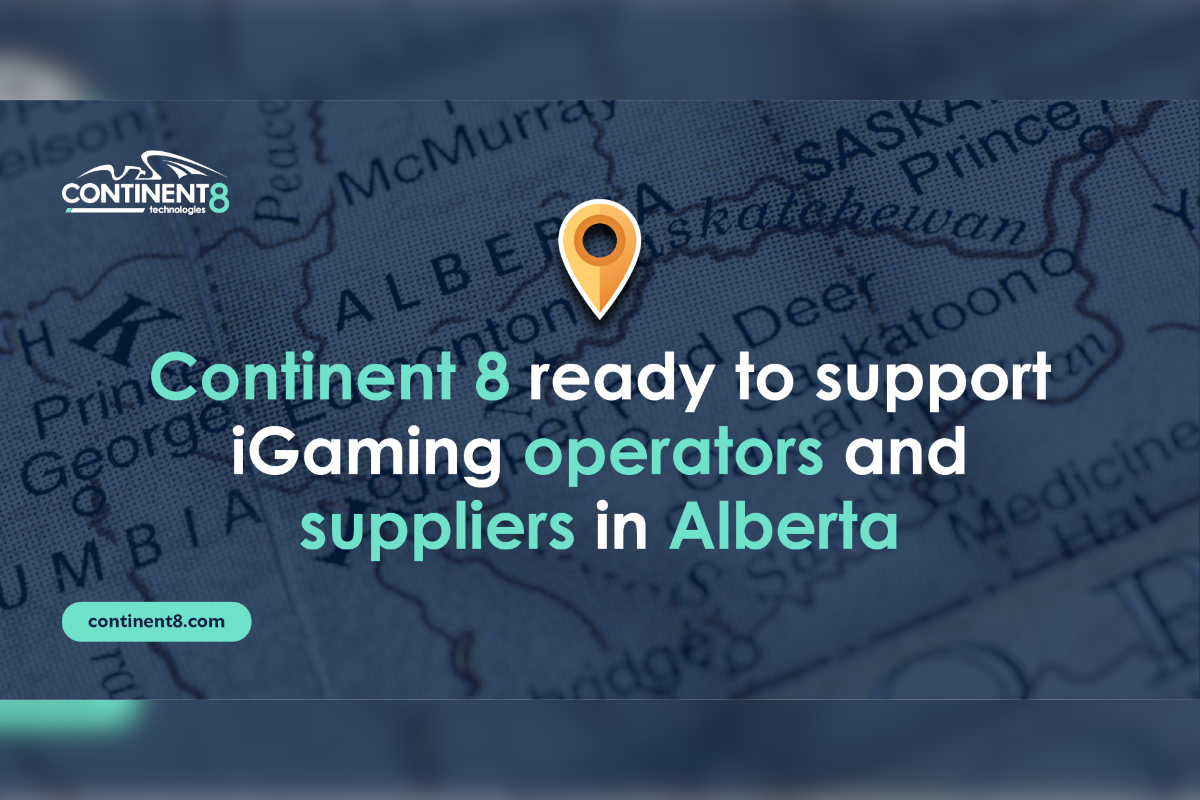
Continent 8 Technologies, a leading provider of cutting-edge managed IT solutions designed for the global iGaming and online sports betting industry, announces that it is officially open for business in Alberta, Canada. This expansion follows the province’s release of its competitive iGaming regulatory framework and the publication of detailed hosting and security requirements by the Alberta Gaming, Liquor and Cannabis Commission (AGLC), marking another significant milestone in Continent 8’s long-standing commitment to serving the North American market.
With proven operations in Ontario – where the company successfully launched its Public Cloud solution in Toronto in direct response to the province’s opening of its iGaming market in 2022 – Continent 8 brings to Alberta the same depth of regulatory understanding, technical capability, and customer-driven innovation that has established it as a trusted partner across Canada.
Alberta’s iGaming framework sets out detailed hosting and data governance obligations for operators and suppliers. For example, all data centres used by licensees must receive AGLC approval, covering data residency, cross-border transfers, and encryption key controls.
The province also mandates fully functional disaster recovery infrastructure and immutable, encrypted backups, with strict requirements for quarterly testing and offsite storage – areas where Continent 8’s experience provides immediate value.
In addition to hosting requirements, Alberta introduces some of the most comprehensive security requirements in the country, including mandatory MFA, SOC 2 and ISO 27001 compliance, annual penetration testing and extensive log retention requirements.
“Our heritage means we understand the rigorous regulatory expectations, and the operational challenges operators and suppliers face when entering new markets,” said Michael Tobin, CEO and Founder of Continent 8 Technologies. “Alberta’s standards are comprehensive, particularly around disaster recovery, backups, and security. We have built our solutions so customers can meet these requirements confidently from day one. We are excited to support customers as Alberta opens its market and continues Canada’s growth story.”
Continent 8’s network now spans every major regulated province or state in North America, supported by facilities across more than 100 locations globally. Customers benefit from end-to-end services including managed hosting, cloud, connectivity, and cybersecurity, all engineered for regulated industries.
The post Continent 8 ready to support iGaming operators and suppliers in Alberta appeared first on Americas iGaming & Sports Betting News.
Compliance Updates
IBIA Publishes 2025 Sports Betting Integrity Report
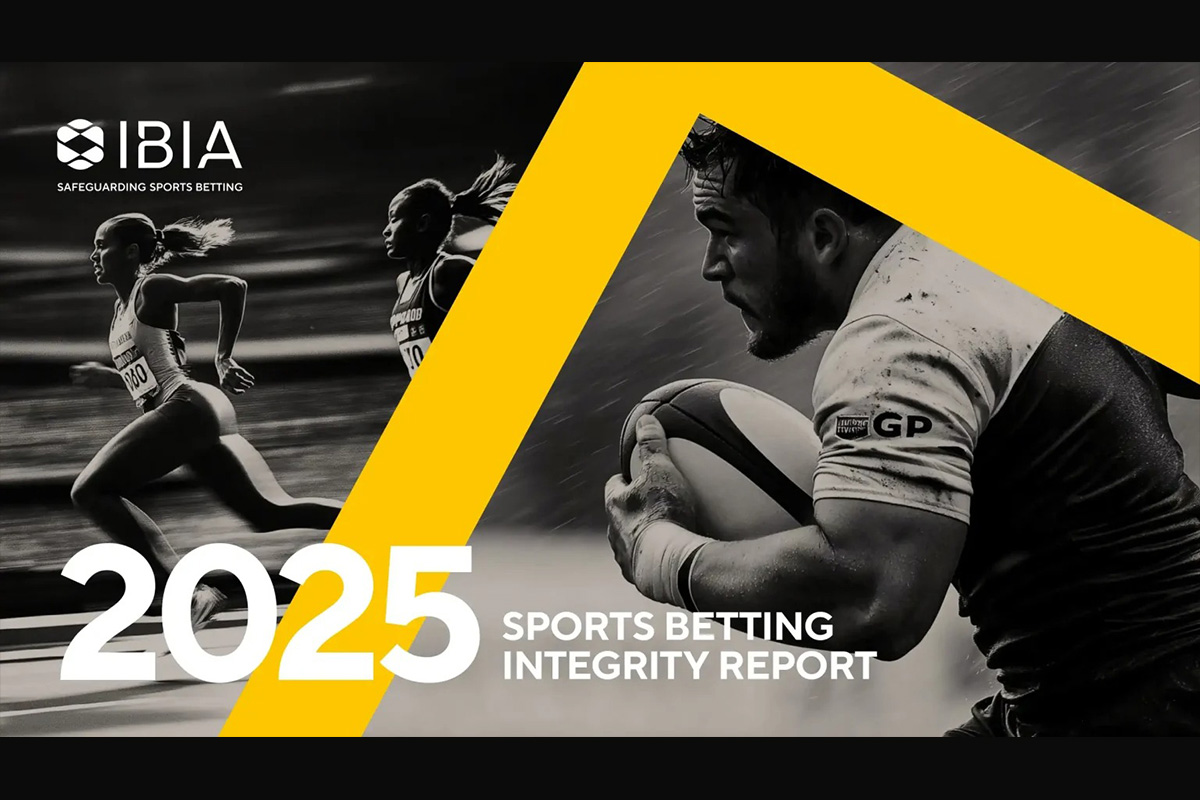
The International Betting Integrity Association (IBIA) has published its 2025 Sports Betting Integrity Report. The report reveals that 300 suspicious betting alerts were reported to the relevant authorities during the year. This represents an increase of 29% on the 232 alerts reported in 2024 and reflects IBIA’s expanding global monitoring coverage and enhanced analytical capability.
Key findings from the 2025 report include:
•300 suspicious betting alerts were reported across 16 sports.
•Football (110) and tennis (74) remained the most reported sports.
•Alerts were detected across all major regions, with Europe accounting for the largest share (35%), alongside increased activity in North and South America.
•Operator intelligence from IBIA’s members contributed to 54 matches being proven corrupted.
Through its Global Monitoring & Alert Platform (Global MAP), the association monitors over 1.5 million matches across more than 80 sports, generating over US$300bn in sports betting turnover per annum. IBIA data again played a crucial role in supporting sporting and law-enforcement investigations. Sanctions announced in 2025 involving IBIA data included 54 matches proven to have been corrupted, with sanctions subsequently imposed on 24 players, teams and officials across five sports.
Khalid Ali, CEO of IBIA, said: “Our 2025 data highlights a familiar integrity risk pattern, with football and tennis continuing to account for most suspicious betting activity. At the same time, the greater scale and reach of our Global Monitoring & Alert Platform means our ability to detect, assess and support investigations across markets and sports has increased. This is driven by operator intelligence generated by our membership and their continued commitment to identifying, disrupting and preventing betting-related corruption through collective action and information-sharing with our partners.
The 2025 report includes a dedicated Africa Focus, which highlights that IBIA reported 117 alerts on African sporting events during 2021-25. H2 Gambling Capital forecasts that Africa’s total betting gross gambling revenue (GGR) will grow from US$3.5bn in 2021 to US$19.4bn by 2030. As regulated betting markets continue to develop across the African continent, IBIA views early engagement, data-driven monitoring and collaboration with regulators and sports bodies as essential to safeguarding sporting and betting market integrity.
The post IBIA Publishes 2025 Sports Betting Integrity Report appeared first on Eastern European Gaming | Global iGaming & Tech Intelligence Hub.
-

 Brasil on Track5 days ago
Brasil on Track5 days agoODDSGATE LAUNCHES “BRASIL ON TRACK”, A STRATEGIC PLATFORM FOR NAVIGATING BRAZIL’S REGULATED IGAMING MARKET
-

 Latest News7 days ago
Latest News7 days agoMillion Games Unveils Looting Raccoons: A Charming Pirate Slot Packed with Features
-

 3 Oaks Gaming7 days ago
3 Oaks Gaming7 days agoStrategic partnership sees 3 Oaks Gaming expand its LatAm footprint with one of Mexico’s fastest-growing operators
-

 0005 days ago
0005 days agoCash Pig 2 Debuts from Booming Games with 15,000 Top Prize
-

 Compliance Updates6 days ago
Compliance Updates6 days agoRomanian National Gambling Authority Pushes for Urgent Overhaul of Self-exclusion Rules
-

 40 Glossy Hot6 days ago
40 Glossy Hot6 days agoAmusnet Releases “40 Glossy Hot”
-

 Amusnet4 days ago
Amusnet4 days agoWeek 6/2026 slot games releases
-

 BETANO6 days ago
BETANO6 days agoPlaybook Fusion launches with Betano in Brazil



